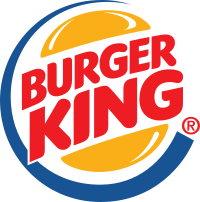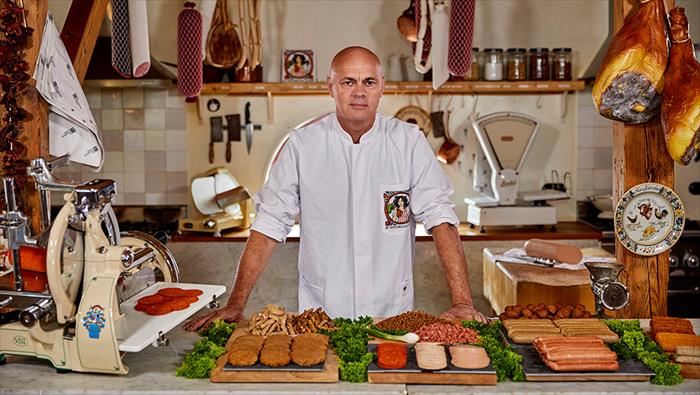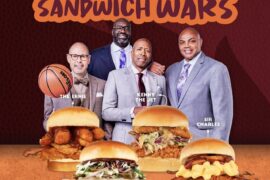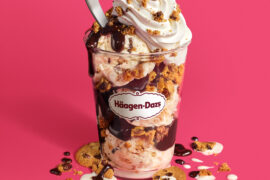In its biggest-ever new product launch in Europe, Burger King has rolled out a faux meat version of its popular Whopper sandwich in approximately 2,500 outlets in 25 countries across the continent. The plant-based Rebel Whopper is produced by The Vegetarian Butcher, a recently acquired Unilever unit founded by Jaap Korteweg (pictured above), a ninth-generation farmer in the Netherlands who grew up around cow pastures but shifted from cattle raising and red meat eating to vegetarianism and a decidedly green agricultural scene almost a decade ago.
The Vegetarian Butcher has formally partnered with Burger King, the second largest quick service restaurant chain in the world, to launch the plant-based Rebel Whopper. And for good reason, as the 100% plant-based patty smells, cooks and tastes like real beef. The main ingredients are sustainable soy, wheat, vegetable oil, herbs and onion.
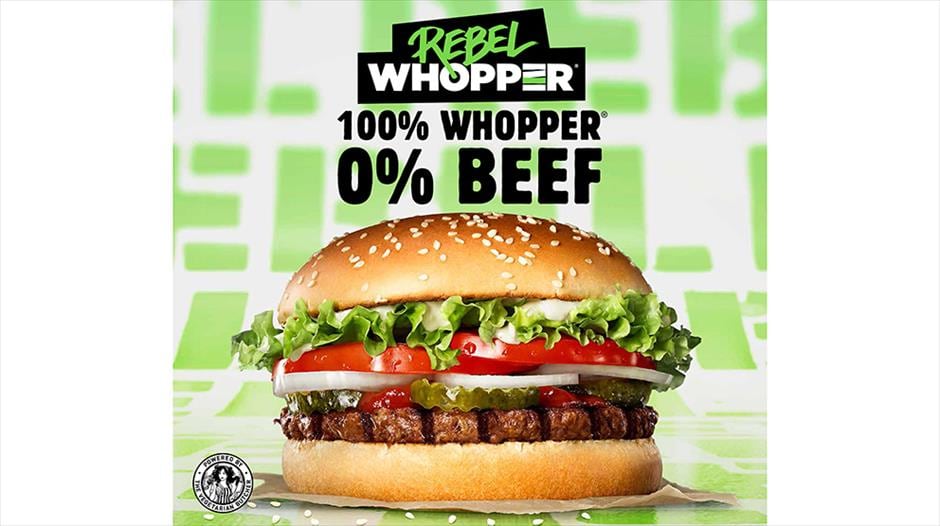
The product has been developed specifically with beef lovers in mind – folks who want to leave meat out of their diet for a couple of days a week, but don’t want to compromise on flavor.
In the past, plant-based diets were the preserve of vegetarians and vegans. But demand has grown with the emergence of mainstream consumers who choose plant-based products for a variety of reasons. Indeed, the London-headquartered Barclays investment bank and financial services company estimates that the market for faux meat could grow by 1,000% over the next ten years, reaching $140 billion in value.
For this to happen, so-called “flexitarian” consumers have to be won over in large number, which requires the consistent availability of faux meat that matches the taste and texture of real meat. Successfully appealing to the core meat-eater market demands that plant-based products must be as good as, if not better than, what they’re intending to replace.
Marketers at Unilever and Burger King believe this has been achieved with the Rebel Whopper patty.
“Working with Burger King on the Rebel Whopper has been amazing, and we can’t wait for all their guests to enjoy it,” said Korteweg.
After a three-year search, with the help of top chefs and concept designers, he developed innovative meat substitutes that compete with “the real thing” in respect of taste, texture and nutritional value. The products are so convincing that they have been praised by industry figures including butchers, culinary experts and Michelin Star chefs.
“It’s exciting to see that the combination of The Vegetarian Butcher’s deep expertise in plant-based products and the power of Unilever’s R&D, marketing and supply chain have come to fruition just months after the acquisition, as showcased by the Rebel Whopper partnership,” said Vegetarian Butcher CEO Hugo Verkuil.
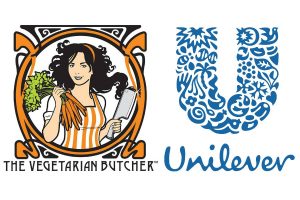
David Shear, president of Burger King EMEA, added: “We are confident that the Rebel Whopper, powered by The Vegetarian Butcher, is the sandwich everyone has been waiting for and provides the ultimate plant-based patty alternative with the iconic Whopper build. I’m excited to let the Rebel Whopper do the talking and see whether our guests can tell the difference!”
Big Hit in USA
In the United States, Burger King successfully debuted the plant-based Impossible Whopper in the St. Louis, Missouri-area in April and has been expanding its availability across the nation. Interestingly, while it typically sells for $1 or more than conventional whoppers in America, the price in Europe is expected to be roughly the same for both meat and non-meat burgers.
Patties featured in Impossible Whoppers in the USA are made by Oakland, California-based Impossible Foods, which has increased its workforce to keep up with brisk demand. The company raised $300 million in a recent funding round. Its chief rival in North America, El Segundo, California-headquartered Beyond Meat, raised much more than that in an initial public offering floated on May 2 (see related stories in the FrozenFoodsBiz BUZZ and news sections of this website).
